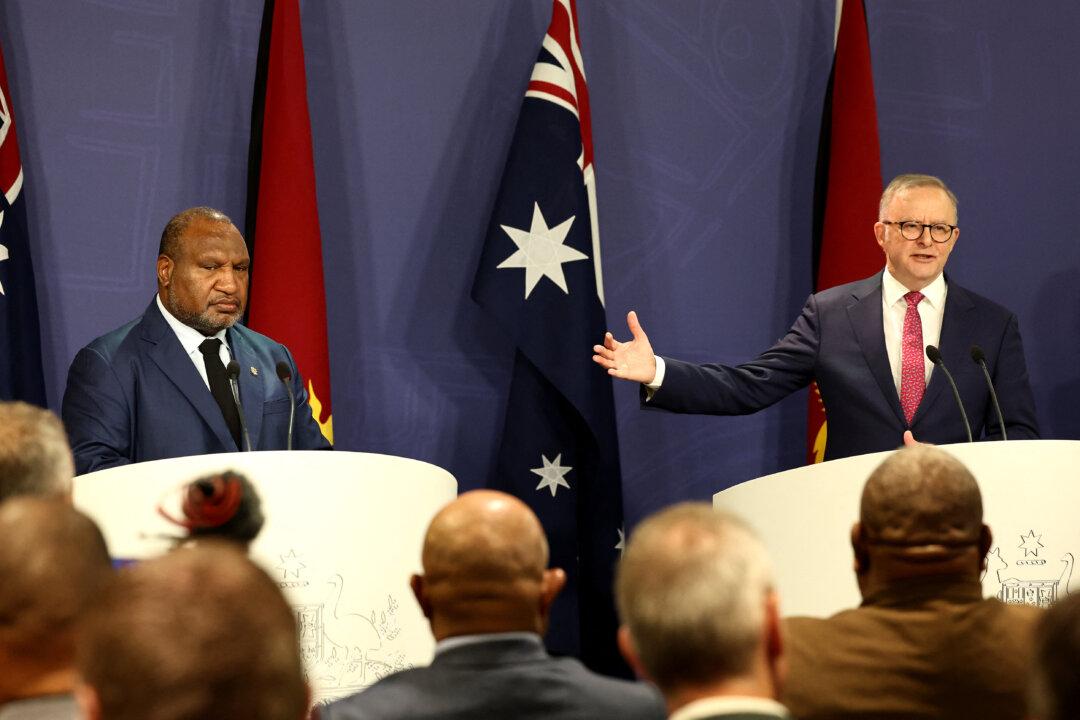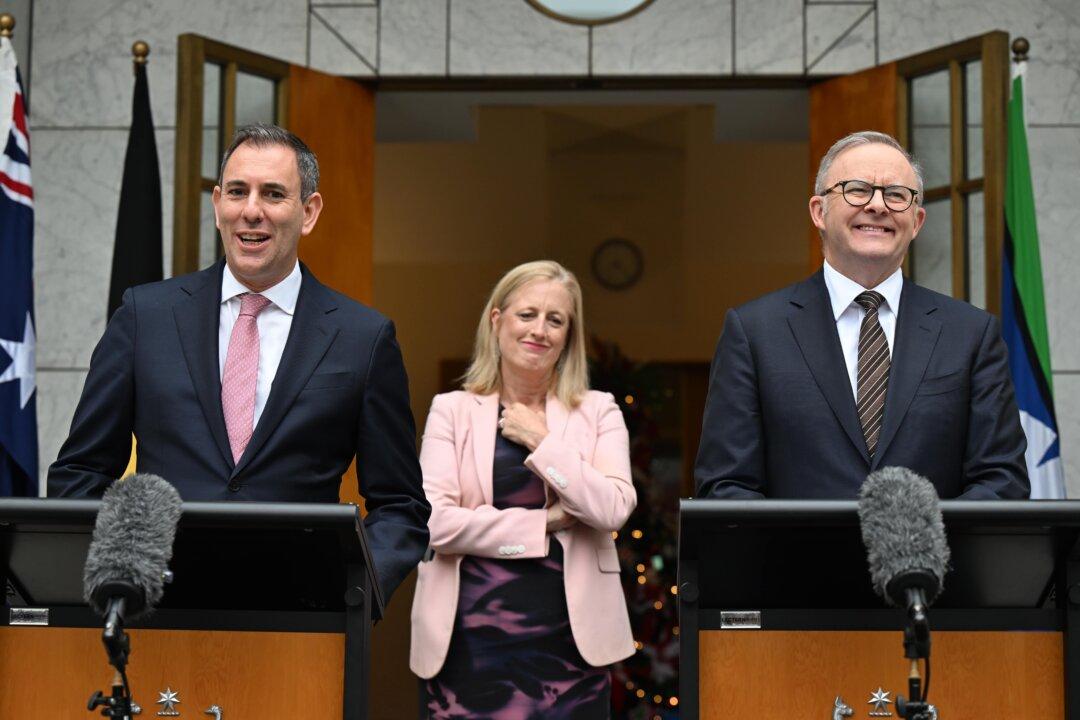The Australian government is considering new laws that would standardise regulation across the digital payments industry and likely encompass the payment services of Apple, Google, and Chinese tech giant WeChat.
Treasurer Josh Frydenberg is considering recommendations from a recently published report—Payments System Review—that considered whether the old regulatory architecture for digital payments set up in the 1990s was keeping up with changes in the space.
Currently, digital wallet services such as Apply Pay, Google Pay, and China’s WeChat Pay, are not designated as “payment services provider” under Australian law, placing them outside the regulatory framework.
According to the treasurer, Australians carry out 55 million digital payments per day, transacting a value of around $650 billion.
Such payments range from simple supermarket transactions to wage payments into bank accounts, and to major funds transfers for mortgages and more.
However, newer technologies and services, including cryptocurrency payments, digital wallets (the domain of Big Tech), as well as Buy Now, Pay Later services like Afterpay have created a new segment outside of current regulations.
The report is calling for an overall strategic direction to be set by the government on how to protect the payments system, coordination between major regulators, and a single licensing system for different size businesses.
The Reserve Bank of Australia (RBA), which currently designates whether a company is a payment services provider, estimates that payments via digital wallets had grown to eight percent of all in-person card transactions in 2019.
While the Commonwealth Bank of Australia (CBA)—the country’s largest bank—estimated that digital wallet transactions had doubled in the year to March to AU$2.1 billion.





